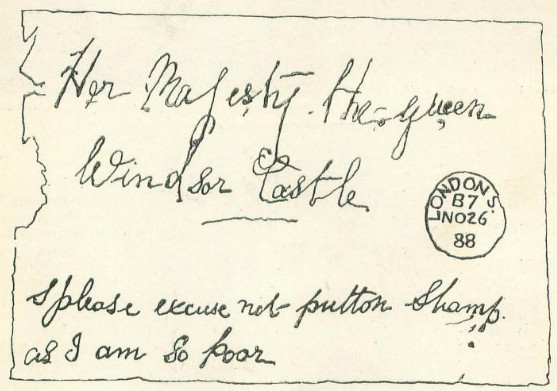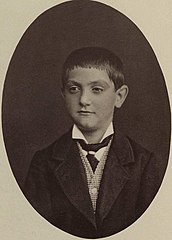Excerpt from a letter by Lt. James Simmen, 5th Battalion, 60th Infantry (Mechanized), in Vietnam, to his brother Vern, a parish priest:
You’d be surprised how similar killing is to hunting. I know I’m after souls, but I get all excited when I see a VC, just like when I see a deer. I go ape firing at him. It isn’t that I’m so crazy. I think a man who freezes killing a man would freeze killing a deer. I’m not perverted, crazy, or anything else. Civilians think such thinking is crazy, but it’s no big deal. He runs, you fire. You hunt so I think you’d feel the same way. It isn’t all that horrifying.
When you see a man laughing about it, remember he talks the same about killing a deer. Of course, revenge has a part in wanting him just like you want a deer for a trophy and meat. I know I’m not nuts. If I killed a man in the U.S., everyone would stare. Last night I killed and everyone has been patting me on the back, including the battalion commander. What do you think?
That’s from Bernard Edelman’s Dear America: Letters Home From Vietnam (2002). In The Fate of a Nation (1975), Hugh Rankin quotes Pvt. Joseph Plumb Martin describing an experience at the Battle of Monmouth, June 28, 1778:
When within about five rods of the rear of the retreating foe, I could distinguish everything about them, they were retreating in line, though in some disorder; I singled out a man and took my aim directly between his shoulders (they were divested of their packs,) he was a good mark, being a broad shouldered fellow; what became of him I know not, the fire and smoke hid him from my sight; one thing I know, that is, I took as deliberate aim at him as ever I did in my life. But after all, I hope I did not kill him, although I intended to at the time.
A few months after his Vietnam experience, Simmen wrote, “[I] feel kind of ashamed of the way I’ve thought and acted over here. I realize that I’ve actually enjoyed some of the things I’ve done which would be repulsive to a healthy mind. … When one starts to enjoy the sickness of war, he is sick.”







